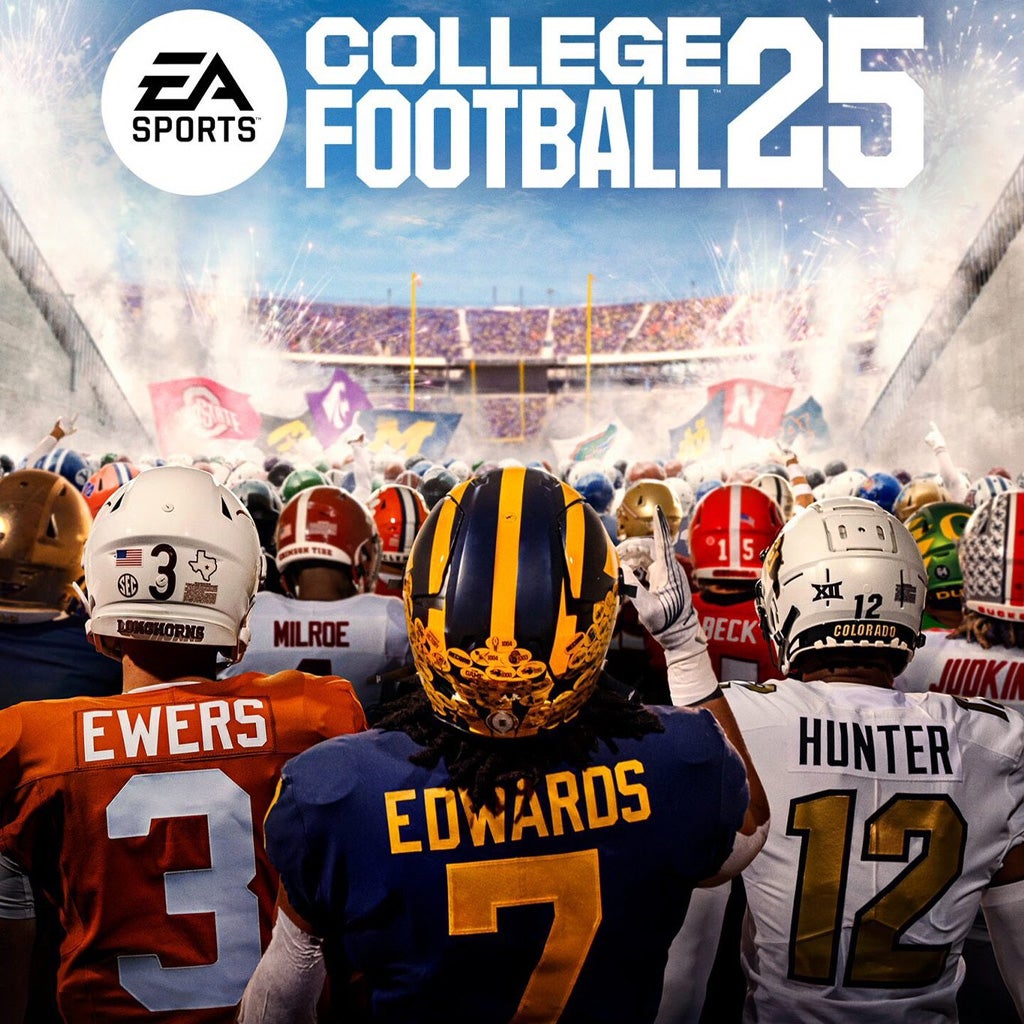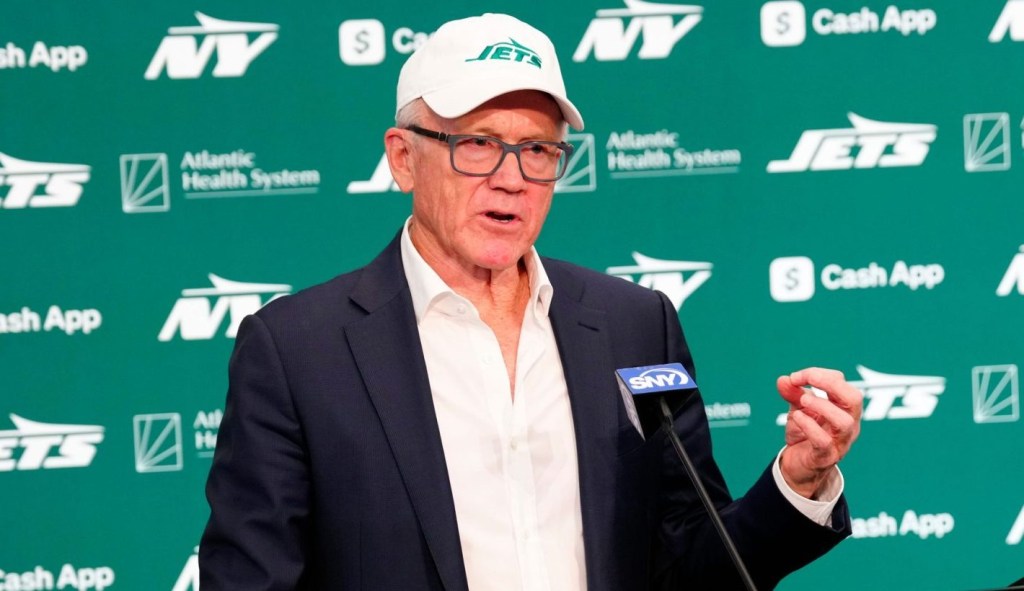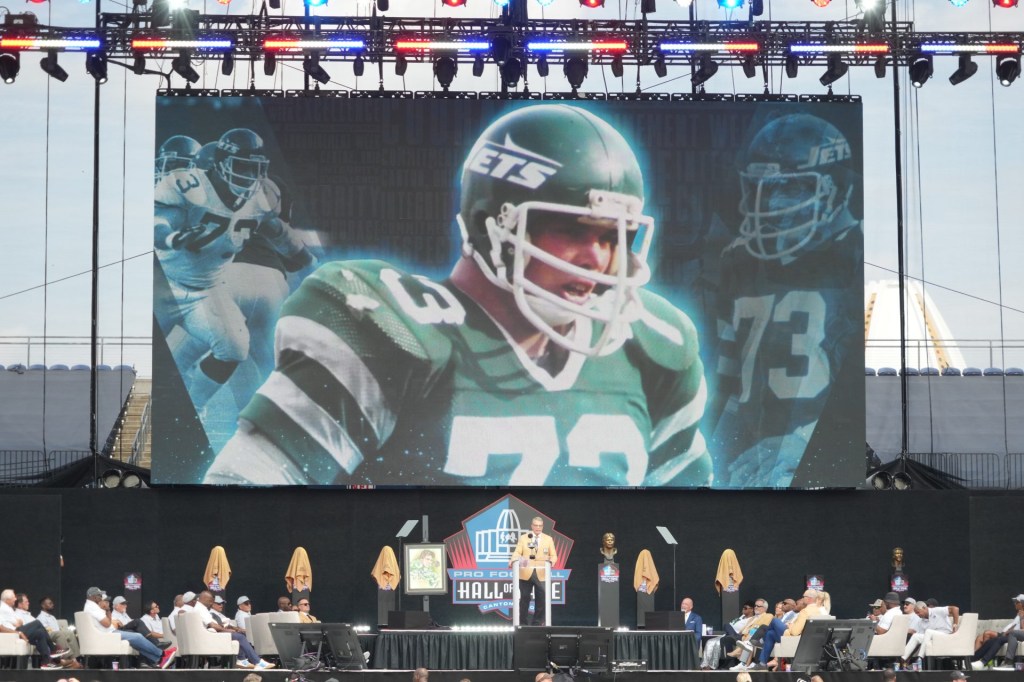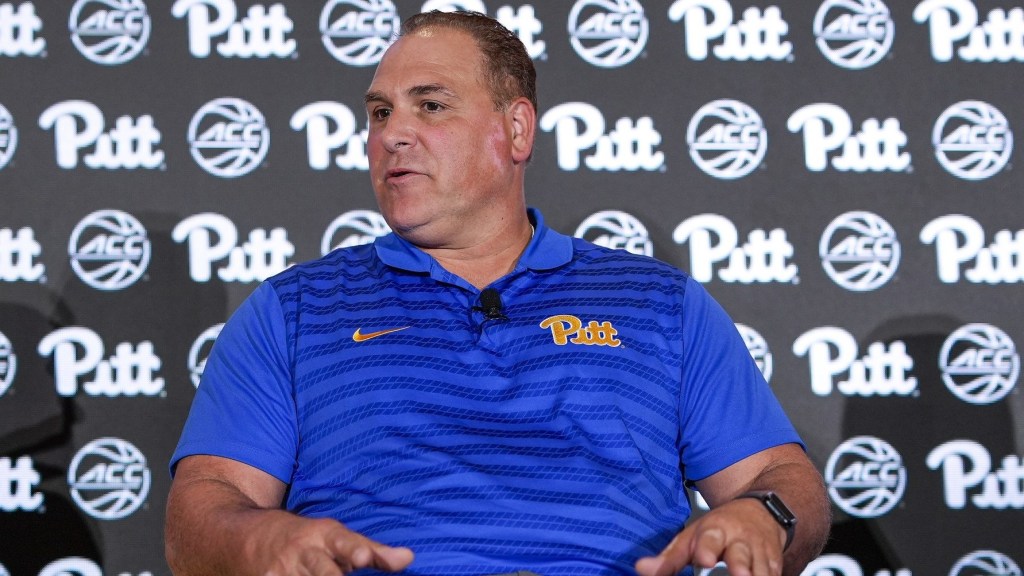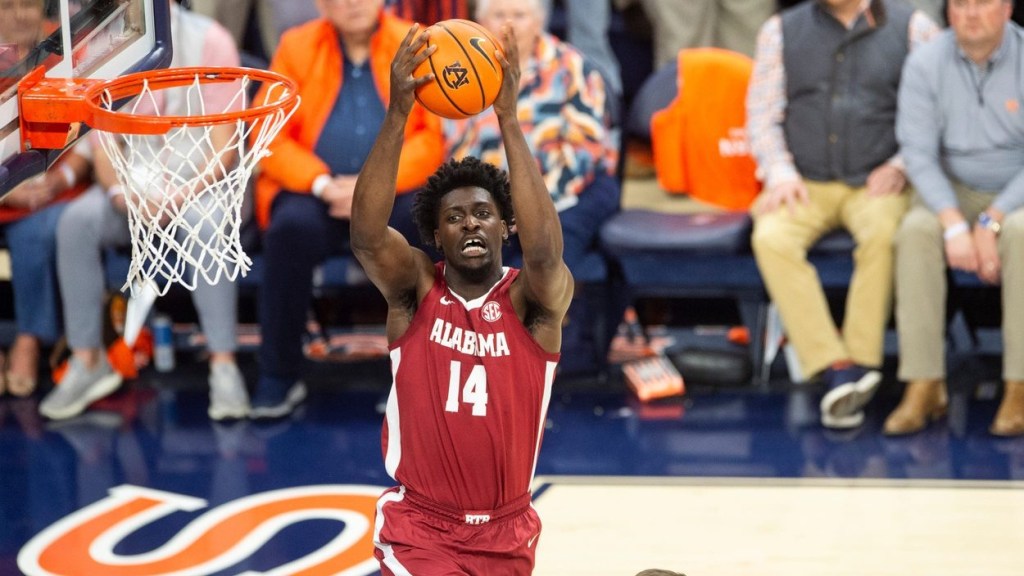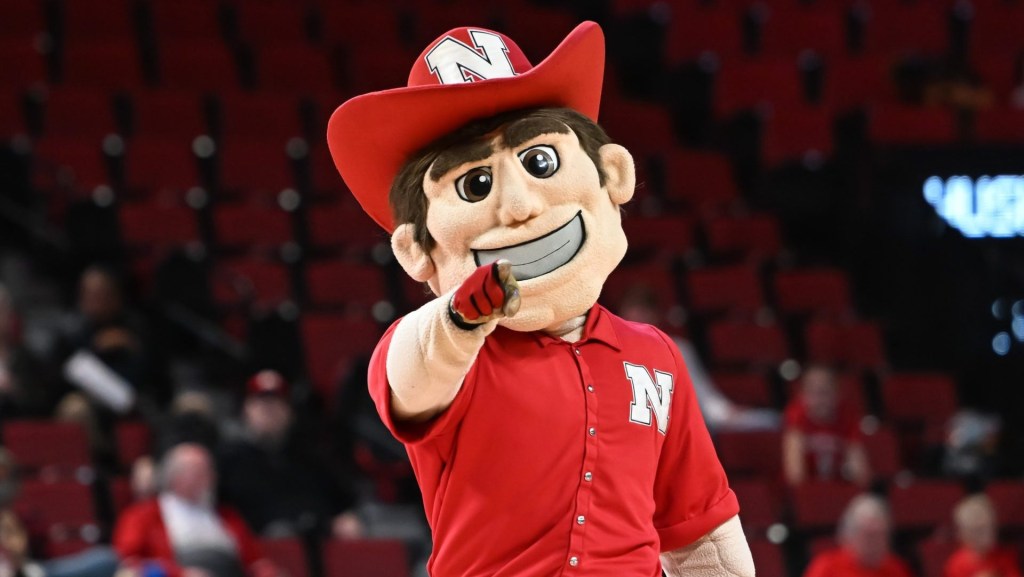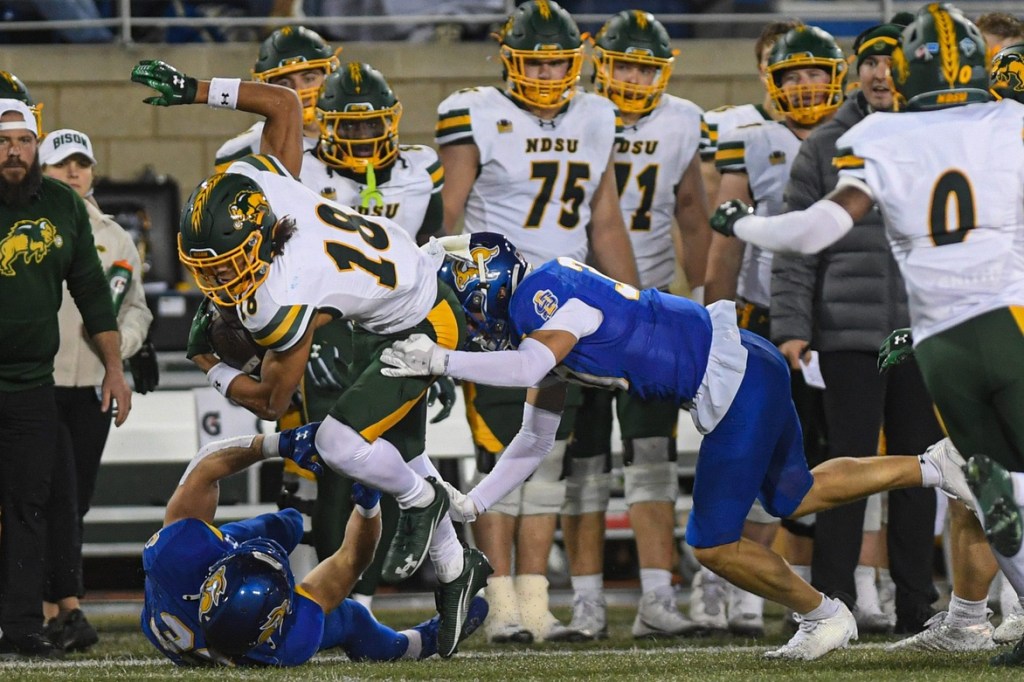After being off the market for a decade, EA Sports College Football became the highest-grossing video game in 2024 (sports or otherwise), and is estimated to be in the top 50 most popular video games of all time. The game’s return represents a big step forward in athletes’ rights—but it also highlights the challenges that remain in the amateurism system.
The players featured in the 2024 iteration of EA Sports College Football were offered a flat $600 payment and a free copy of the game, but no royalties, despite the fact that royalties were an industry standard. (Some athletes received more money for doing additional marketing.)
Now, college players are taking a new approach to negotiating their cut of game revenue.
Pathway Sports and Entertainment, an agency founded by former Altius Sports Partners CEO Casey Schwab, has signed up dozens of football players across the power conferences with the promise of getting them a better deal than they did last year, Schwab confirmed to Front Office Sports. The group has signed up about 450 athletes from power conference schools from Alabama to Oregon.
Schwab’s group, which has investor backing, is fronting a $1,500 payment to every player, with the promise of additional royalties.
Schwab said Pathway has not yet engaged EA, but will initiate negotiations “when the time is right.” His goal is to get players more than the initial $1,500.
A representative for EA did not immediately respond to a request for comment.
Pathway Sports and Entertainment is the latest group to fill the union vacuum in college sports. In any other pro league, unions collectively bargain these types of deals, called group licensing deals, on behalf of players. But because college players aren’t legally considered employees, they can’t form a formal union—so other licensing groups have jumped into the space to negotiate deals instead.
In fact, the question of who has the jurisdiction to negotiate on behalf of players was the subject of a 2023 lawsuit first reported by FOS: A group licensing company called The BrandR Group argued that EA Sports illegally circumvented The BrandR Group’s representation agreements by working with a different company, called OneTeam Partners. (The lawsuit was dropped after OneTeam and The BrandR Group agreed to merge.)
“I believe the best way to make the biggest pie is to have zealous representation on both sides of the intellectual property table,” says Schwab, who previously worked for the NFLPA. In the NFL, the league negotiates for the NFL’s intellectual property, while the NFLPA negotiates for the players. He sees Pathway as best-positioned to negotiate for players because it’s committed to only representing athletes for college football video game deals—what Schwab describes as a “singular focus on a singular category with a singular goal.”
The return of the EA Sports College Football video game was arguably one of the most highly anticipated products of the new NIL (name, image, and likeness) era. The game had disappeared for a decade after a judge ruled in 2014 that it was illegal for players to be featured in video games without being compensated. So EA stopped producing college football and basketball games until the NCAA decided to allow NIL earnings in 2021.
